Are you worn out of doing the same mundane duties every day? Are you unwell or feeling like a robot yourself?
Well, do not worry, because robots are right here to take over! Okay, maybe no longer quite, but with the growing use of automation, many of those boring and repetitive duties can now be handed over to our robotic friends.
From manufacturing to customer service, automation is altering how we work and freeing up our time to center of attention on the things that matter, like binge-watching our favored shows or ultimately learning how to cook dinner something different than instant noodles.
So, let’s dive into the world of automation and discover how it’s making our lives less complicated.
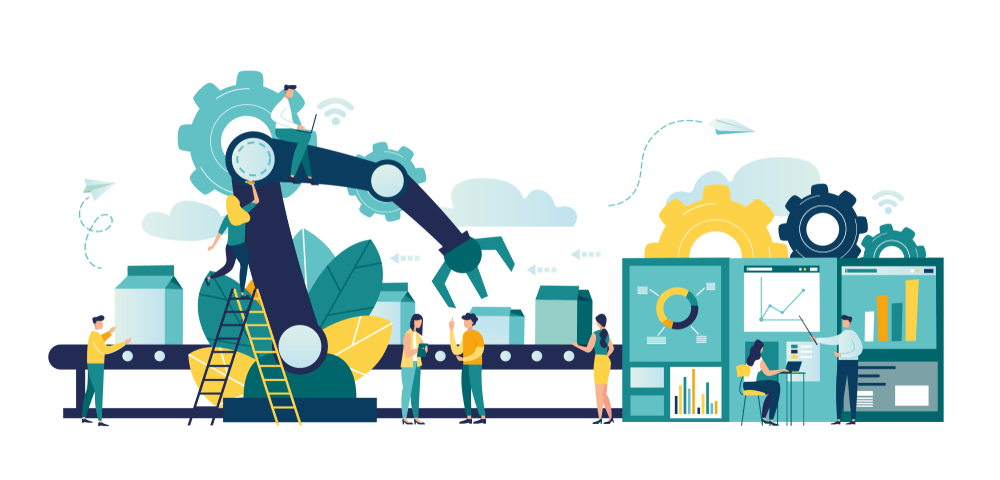
Industrial Automation: Robots Take Over the World
Industrial automation is one of the most interesting developments in engineering, with robots taking over factories and altering recreation in a huge way.
With developments in technology, robots can operate a huge variety of tasks, from assembling motors to packaging products. They are faster, have greater accuracy, and are more environmentally friendly than their human counterparts, which capacity that businesses can produce extra items in much less time.
And let’s face it, robots don’t take espresso breaks or want to use the bathroom. Plus they don’t complain about how they deserve a raise!
But let’s no longer neglect the human element.
We love our robots, however, they nevertheless want programming and maintenance. So, if you are an engineer, get geared up to embody the robots – they would possibly simply be your new nice friend.
Home Automation: The Rise of Smart Homes
Home automation is making our lives less difficult and handier than ever before. With smart gadgets like Amazon’s Alexa and Google Home, you can control your complete home with your voice. You can flip on the lights, adjust the temperature, and even order pizza, all besides lifting a finger.
And with smart sensors, you can display your home’s temperature, lighting, and security from your smartphone, no depend on where you are in the world. It’s like having a non-public assistant for your home.
With smart homes, you can manipulate everything with your voice. And who wants privacy anyway? Just invite Alexa and Google Home to your household dinners, and they’ll hear in on your conversations. But be careful what you say – you do not want your clever fridge to judge you for your unhealthy meal choices.
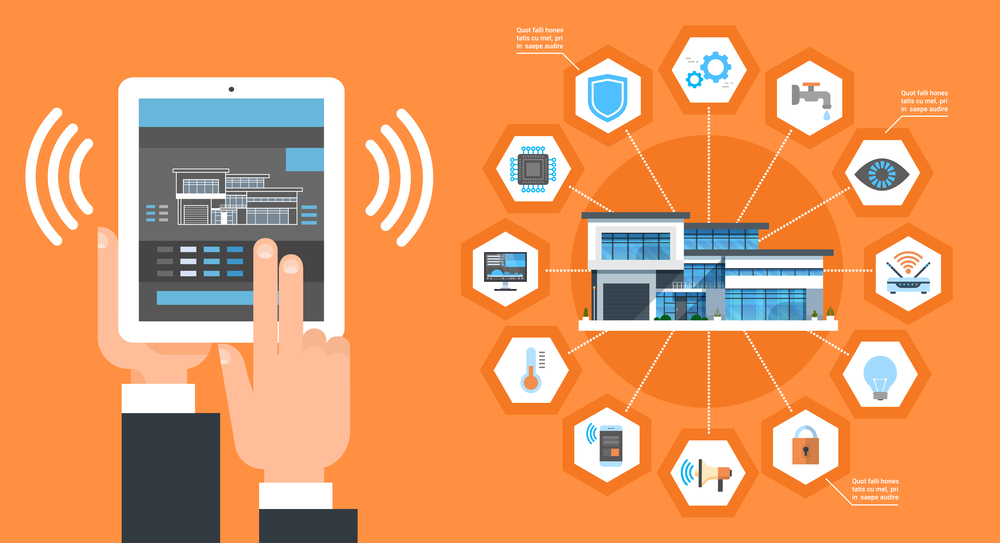
Sensors: The Little Devices That Are Changing the World
Sensors are the unsung heroes of the automation world. These little devices can detect motion, temperature, humidity, and even air quality. They’re in our smartphones, cars, and even our toothbrushes.
And with the rise of the Internet of Things (IoT), sensors are becoming more connected than ever before. Thanks to these little sensors, you can now track your fitness goals, monitor your baby’s breathing, and even know when your plants need water.
Sensors are like the tiniest spies in the world, and they’re everywhere! whether you are sleeping or awake, whether you’ve been bad or good, so be good for goodness sake! But seriously, they can detect everything from motion to air quality, and it’s amazing what they can do. Just make sure you don’t accidentally sit on one.
Programming: The Brains Behind the Brawn
Programming is the key to unlocking the potential of automation. With programming languages like PLC, engineers can create complex systems that can perform a wide range of tasks. PLC programming is used in industrial automation, home automation, and even in transportation.
And with the rise of artificial intelligence and machine learning, we may one day see robots that are capable of creative thinking and problem-solving. Pretty soon, they’ll be able to tell us jokes that are actually funny.
Automation in Communication: Connecting the World
Not only are industries and households automated nowadays. Also, it is altering how we communicate with one another. We can now set up appointments and get immediate answers to our inquiries from chatbots and virtual assistants without ever speaking to a live person.
Also, thanks to developments in translation technology, we can now speak in real-time with individuals around the globe, eradicating language boundaries and bringing us closer together. Also, linguistic barriers are a thing of the past thanks to translation technology. Now you can buy pizza in Klingon, German, or French!
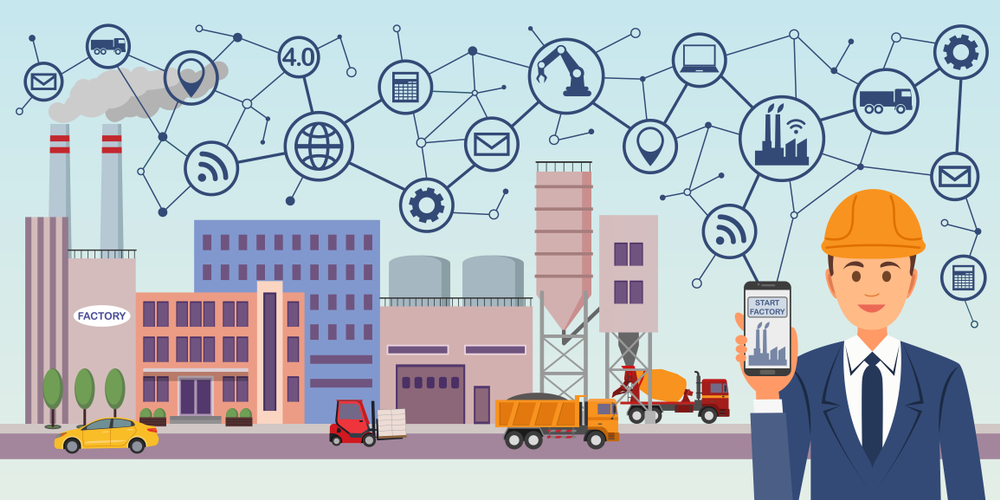
Transportation: Self-Driving Cars and Beyond
Self-driving motors and trucks are turning into a reality, and while there are nevertheless some safety worries to address, they have the potential to decrease traffic accidents and make our roads safer.
In addition, self-driving motors can reduce transportation charges and improve logistics, making shifting goods and human beings from one place to some other easier and extra efficient.
But the future of transportation goes beyond self-driving cars. Engineers are additionally working on developing flying automobiles and even hyperloop technology, which could revolutionize the way we travel.
Self-driving motors are the future, but let’s be honest, it is not like we’re giving up management willingly. It’s just that we’re all awful drivers! And who needs a license anyway? Just sit down back, relax, and let the car do all the work. But be organized to yell at your car when it does not follow directions, simply like you do with your GPS.
Agriculture: From Farm to Table
The agricultural industry is likewise evolving due to automation. Precision agriculture allows producers to monitor crops and maximize harvests using sensors and drones. They can also utilize automated machineries, such as self-driving tractors and harvesters, to increase productivity and cut labor expenses.
Also, automation is accelerating and simplifying the process of getting food from the farm to the table. Fruits and vegetables, meat and poultry, as well as baked items, may all be packaged and sorted using automated methods. But don’t tell your grandmother that her apple pie was cooked by a robot.
Healthcare: From Diagnostics to Surgery
Also, automation is changing the healthcare sector. Patients can obtain medical care remotely using telemedicine without ever leaving their homes. Moreover, robotic surgery allows doctors to carry out intricate treatments with more control and accuracy.
Moreover, automation is employed in diagnostics to analyze medical pictures and aid clinicians in providing more precise diagnoses. And with the rise of wearable devices, patients can monitor their health and track their progress in real-time.
Automation in Energy: From Power Plants to Renewable Sources
In the energy sector, automation is also quite important. Energy suppliers may monitor and manage power distribution using smart grid technologies, resulting in efficient and dependable electricity delivery.
Automation is also making renewable energy sources, including solar and wind power, more efficient and economical as a result of their increased use. For instance, automated cleaning systems may maintain solar panels clear of trash at solar farms, increasing energy output.
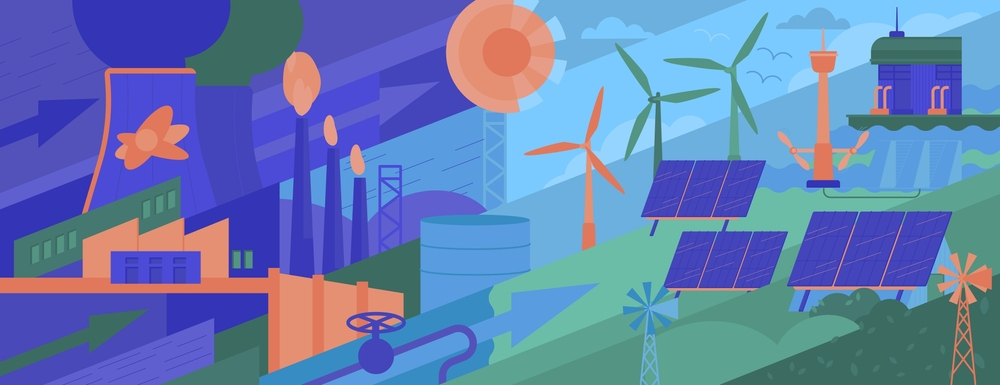
Entertainment: Lights, Camera, Action!
Lights, camera, automation! T The entertainment sector now consists of behind-the-scenes robotics as well as innovative minds. Even if the atmosphere shifts as regularly as a teenager’s Instagram feed, we can provide the best mood with automatic lighting options for every performance. Even barring the need of a genie in a bottle, CGI lets us realize even our most fantastical fantasies.
Education: From Online Learning to Grading
The education sector is likewise embracing automation. Students may access educational resources from anywhere in the world thanks to online learning platforms, and professors can grade assignments and examinations quickly and accurately while taking advantage of their well-earned downtime thanks to automated grading systems.
With adaptive learning systems that modify the curriculum to match the needs of certain students, automation is also being utilized to customize the learning experience for pupils.

Automation in Retail: From Warehousing to Checkout
Another sector that has witnessed a major rise in automation recently is retail. Retailers may streamline their inventory management and shorten the time it takes to distribute goods to customers by employing automated warehousing solutions.
Customers can scan and pay for their products without a cashier’s assistance using self-checkout equipment. Customers’ purchasing experiences are streamlined and made more convenient as a result, which lowers labor expenses for merchants.
And with automated warehousing systems, we can make sure our favorite products are always in stock, even during a pandemic-induced toilet paper shortage.
Finance: From Trading to Fraud Detection
The finance business is also heavily influenced by automation. Investors who use algorithmic trading systems can make decisions about their transactions based on intricate algorithms that study market trends and patterns.
Moreover, automation is utilized to spot and stop fraud in financial transactions. Machine learning algorithms examine massive volumes of data to spot suspicious activities.
Construction: From Design to Building
We can easily design intricate buildings using automated design techniques, much like playing with a huge digital Lego set. Also, employing 3D printing and other cutting-edge technology, automated building systems enable construction teams to build structures more swiftly and effectively.
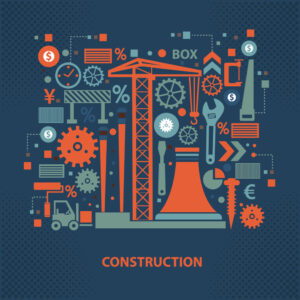
Conclusion:
In conclusion, automation is a fascinating engineering development that is altering our way of life and our way of doing business.
The possibilities are boundless, ranging from industrial robots to smart homes and sensors to programming.
They extend from communication to transportation and agriculture to healthcare. Even in entertainment, the possibilities are endless.
And in the years to come, we can expect even more fascinating changes. So ready to embrace the potential of automation if you are an engineer.
Don’t worry if you’re not an engineer; the robots aren’t yet taking over. To give them a sense of humor, we still require humans.